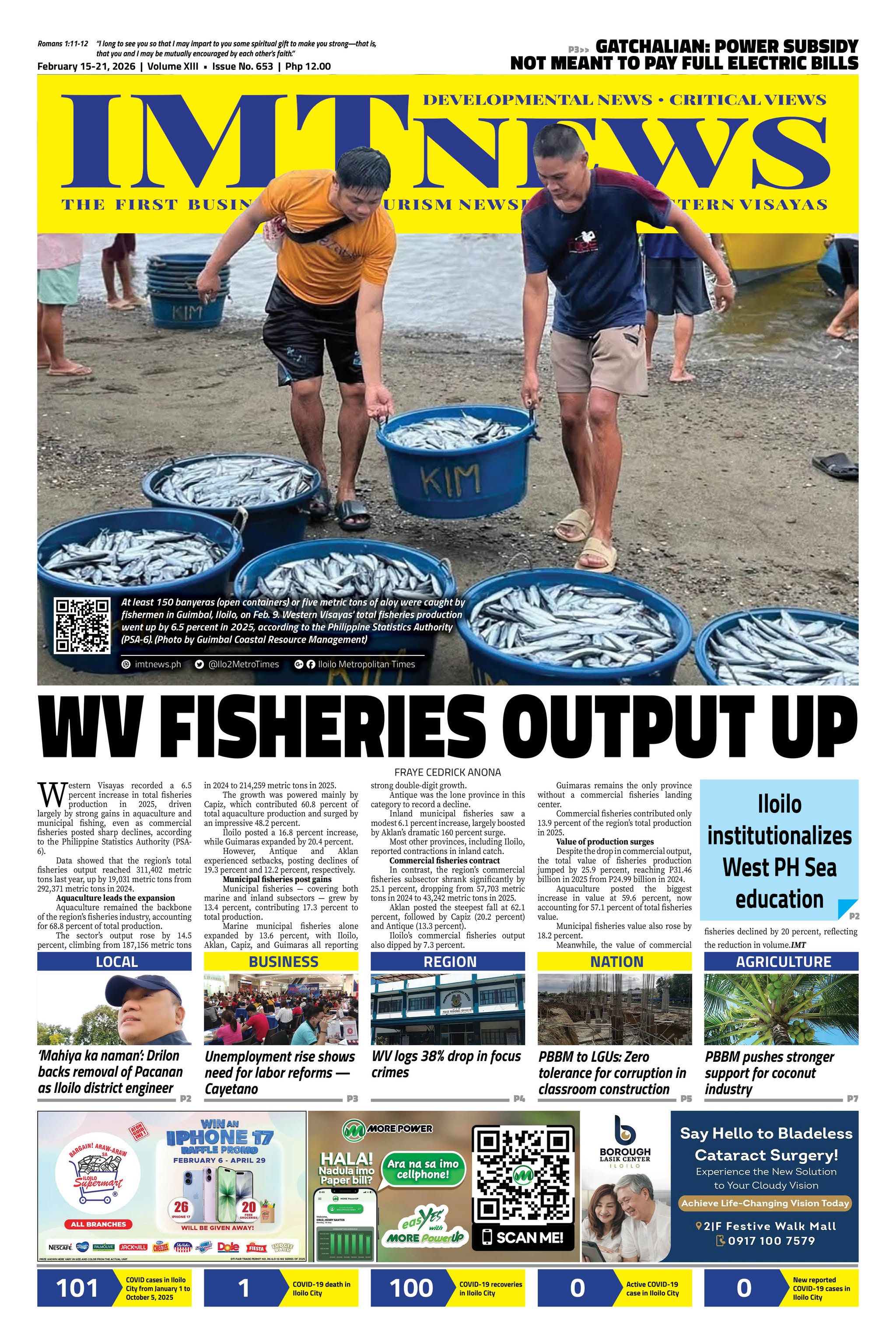WE’VE earned a title no Filipino should be proud of: the world’s top rice importer in 2024.
That’s right — despite our rich agricultural heritage, ideal climate, and millions of rice farmers, we’ve overtaken everyone in buying what we used to grow ourselves. If this doesn’t ring alarm bells in the highest halls of power, then we may be deaf to our own national survival.
A powerful new report from the Integrated Rural Development Foundation (IRDF), co-authored by respected experts like Dr. Ted Mendoza — whom I know personally and fully vouch for — reveals how we ended up in this crisis. It isn’t just a matter of bad weather or unlucky pests. This is about bad policy and broken systems.
We’re Not Just Losing Rice—We’re Losing Land
Dr. Mendoza points to a painful truth: over half a million hectares of prime irrigated rice land have been converted into malls, subdivisions, factories, and highways. That’s enough to feed the nation and still export rice — if we had protected it.
This is why I strongly believe it’s time for the government to ban the conversion of irrigated land into non-agricultural use. These lands are the heart of our food security. Losing them is like tearing out our own lungs and expecting to breathe.
Just as we have protected our forests, marine sanctuaries, and national parks under the National Integrated Protected Areas System (NIPAS), we should pass a similar law — call it the National Irrigated Areas Protection System (NIAPS) — to give legal protection to all irrigated and productive farmland.
Better yet, let’s make this part of the long-overdue National Land Use Act. This landmark law has been sleeping in Congress for years, and it’s time for the Marcos administration to wake it up.
From Rice Sufficiency to Rice Surplus
We need to stop thinking of rice imports as “normal” or “necessary.” They are not. They are a symptom of policy failure. What we need instead is a long-term target for rice sufficiency — and beyond that, rice surplus.
We should be able to export high-quality, Filipino-grown rice to the world again. And to do that, we must complete the agrarian reform process not just by handing out land, but by making that land productive.
Every land reform beneficiary deserves access to irrigation, farm-to-market roads, modern tools, and reliable support services. In places where freshwater is scarce, the government must now invest in desalination technology.
This isn’t science fiction — it’s already being done in countries with far fewer water resources than ours. With today’s climate challenges, water security is food security. (To be continued)







